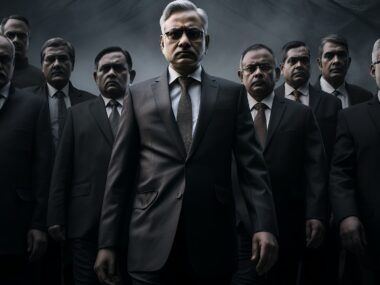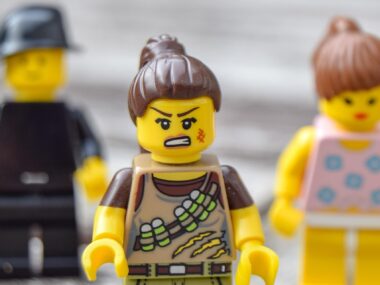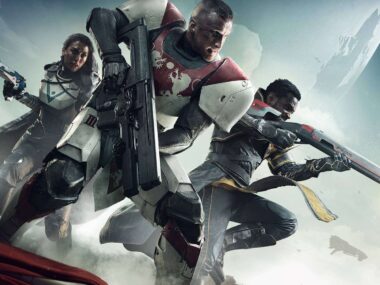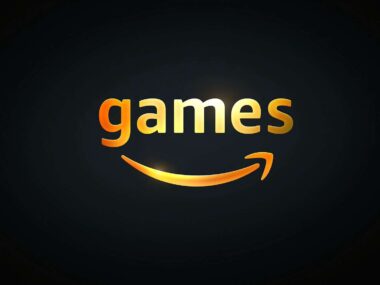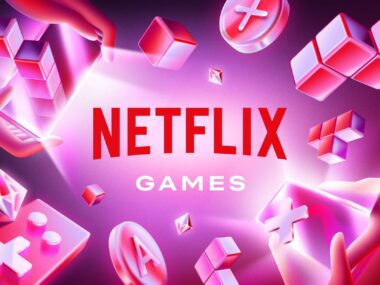A Lawsuit Over More Than Just Money
Krafton has fired back in the escalating legal battle with the former leadership of Unknown Worlds, co-founders Charlie Cleveland and Max McGuire, along with ex-CEO Ted Gill, over a massive $250 million performance bonus tied to Subnautica 2. The ex-leaders accuse Krafton of intentionally delaying the game’s early access launch to avoid paying that bonus, which depended on meeting 2025 revenue goals.
The stakes are staggering: $225 million of that payout was earmarked for the ousted leadership, while $25 million would have been split among about 40 current employees if the targets were met. Krafton’s extension of the bonus window into the following year only applies to that $25 million portion. This gives the current team more time to earn their share. The fired leadership gets nothing unless the court rules in their favor.
Krafton’s Version of Events
Krafton’s legal response paints the ex-leaders as far more interested in their payday than the quality of the game. The company claims the leadership pushed for a rushed release as early as 2022:
“The Key Employees’ insistence on releasing the game immediately was singularly driven by self-interest in obtaining the earnout. At every turn during development, the Key Employees were laser focused on avoiding ‘a timeline that doesn’t tank the earnout opportunity’ and scheduling the release to maximize their payments… As early as 2022, an employee who was due to receive a portion of the earnout stated that despite the significant delays in the game, he was confident ‘Ted [Gill] will concoct a scheme to get us that earn out.’”
According to Krafton, this wasn’t just about timing. It was about leadership walking away from the work entirely. The lawsuit states both Cleveland & McGuire stopped working on the game:
“In 2024 and 2025, Cleveland said he was “not actually working up Subnautica 2” and was “no longer working on games, but [ ] working on a couple of films.” For his part, Mcguire started “working on initiatives that fall outside of the company’s main development activities,” stating that his priority was to “try something that feels personally meaningful to me”. Gill remained as Unknown World’s President and CEO, but without the original creator, Subnautica 2 suffered serial developmental delays under his watch.”
Only Gill remained in his role, and under his watch, Subnautica 2 suffered repeated delays.
What Did Krafton Actually Pay For?
Cleveland was open about moving into filmmaking, even publicly discussing his new project. Krafton, however, did not pay half a billion dollars to buy founders’ names while they worked on side projects. The publisher says it invested in the future of Subnautica as a franchise, Subnautica 2 and planned sequels. Not in a leadership team walking away midstream.
That’s where this dispute hits its sharpest point: if Krafton couldn’t keep the original leadership focused on the game with $250 million on the line, how could they have kept them engaged without it?
Why Early Access Quality Matters Now
The original Subnautica had a rough early access launch, but players were forgiving. It was an indie title and the first of its kind from the studio. This time, Unknown Worlds isn’t an indie anymore. There’s an established fanbase and a completed, highly successful game to measure against.
Some fans say they’d be fine with another “rough” early access just to play sooner. But from a publisher’s perspective, an undercooked release risks long-term damage to the franchise. Especially now that the stakes involve not just one game but the viability of Subnautica 3 and 4.
The Bigger Question: Morality vs. the Law
There’s an uncomfortable truth here: the law doesn’t always align with morality. Even if the public views the founders’ actions as self-serving, the contract terms may ultimately favor them in court.
This case isn’t just about Subnautica 2. It’s about what happens when creative leadership’s personal goals clash with a publisher’s commercial strategy. What “ownership” means when a beloved game changes hands.
Whether the court sides with Krafton or the former leadership, the fight reveals an industry fault line: big buyouts don’t guarantee creative focus, and contracts can’t force passion for the work. The outcome will shape not only Subnautica 2 but the precedent for how far publishers can go to protect a franchise when the original creators step away.

